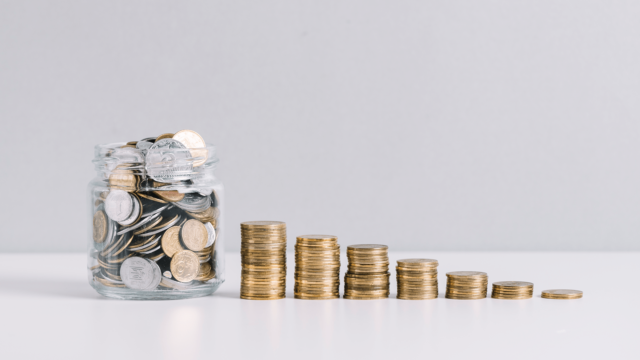How to stay financially lean throughout the year
Just like physical fitness, financial fitness requires a lifestyle change that needs to be maintained to become part of your routine.

Joining a gym at the beginning of the year is common, but this is just the start, as you have to put in the time and work on your fitness goals. Like physical fitness, financial fitness is also important. This is the time to focus on your needs, spend wisely and avoid excessive spending and borrowing. Is your financial health where you want it to be? If not, here are tips on improving it and remaining financially lean throughout the year.
Make a list and create a cash flow forecast
You probably don’t know where all your money is going if you don’t have a list of what you spend on. A list will help you track your money. Putting it down on paper will help you focus and save money. Create a cash flow forecast to monitor and predict the flow of money in your bank account. The forecast will give you a granular view of your needs. It will help you track how much you have after spending on your needs. It will force you to be accountable for your spending and identify future financial needs.
Avoid social pressure
Social media, family, co-workers, advertising and friends – some more than others – significantly influence how we spend money. Seeing others live the life you desperately seek might lead you to succumb to social pressure. It also becomes difficult to remain objective if you are under financial stress. Therefore, if this is the case, don’t ignore your emotions. Seek wise counsel as lack of money stirs up emotions such as shame, inadequacy, worry and fear. Get someone to validate your emotions. If it is a need, which makes financial sense, add it to your list and save up to purchase it. Your financial decisions should fit your current budget and not leave your other needs unmet. Don’t overextend yourself – this is a clear path to financial struggle.
Trim the fat
Most people’s new year’s resolution is to hit the gym. This is also the best time to become financially fit. For a healthy financial future, create a budget and start spending less. Take a hard look at your budget. Chances are that you will find some excess that you can easily trim without feeling the pinch.
Start cooking your meals if you’ve been dining out – this is less expensive. If you are an avid online shopper, physical shopping will cut unnecessary spending as you’ll save money on delivery fees. Ease up on entertainment. You might spend a few thousand shillings you hadn’t budgeted for when you go out with your friends. If you must go out, ensure that the money is accounted for in your budget.
Tone up your debt
The holidays may have put a dent in your account, and you’ve probably accumulated debt after taking loans to spend over December. Don’t let the debt get larger – the longer it takes to repay it, the more it continues to accrue interest. To begin lessening that total, set a larger payment in your budget. Once you finish paying off the loan, avoid the temptation of borrowing again – don’t spend what you don’t have. Remember, everything is better with a budget.
Build a cash reserve
Having trimmed the fat and finished paying off your loan, it is time to build a cash reserve. Immediately, start building an emergency fund. Surprise repairs, layoffs, and medical bills can affect your financial health if you are not prepared for them. The emergency fund will soften the blow if you lose your job. It will also help you stay on top of your bills.
Plan your vacations
Planning your trip budget will affect your vacation planning process. Start planning your trip at least six months (or even a year) earlier. This will give you time to find the best price on lodging and airfare. It also gives you enough time to save money for the trip. Additionally, you don’t necessarily have to vacation in December. You’ll find that, during the low season, hotels and villas may be offering deals. So, try vacationing in August or January instead of December when they are jam-packed.
Set attainable goals and make financially-sound decisions. This will help you stay financially lean throughout the year.
